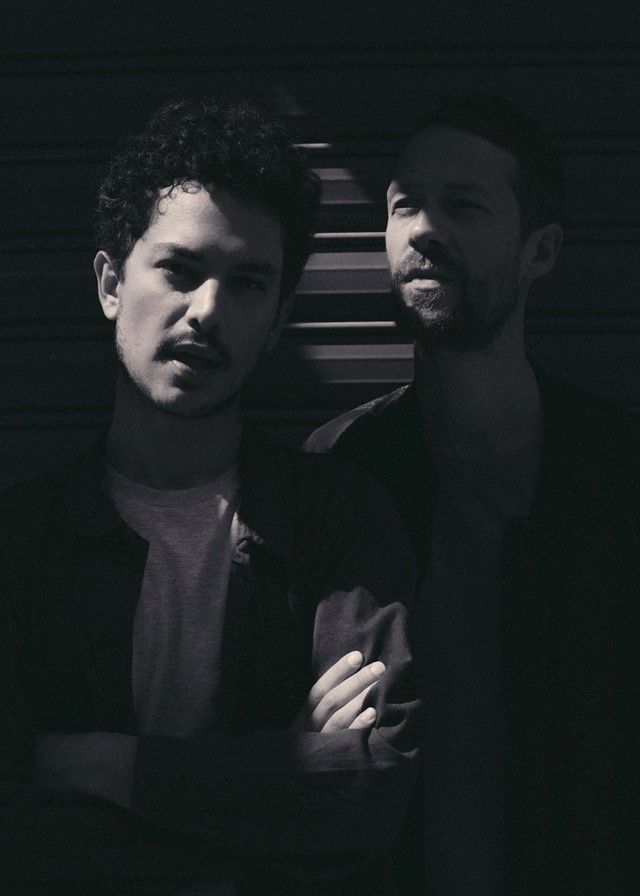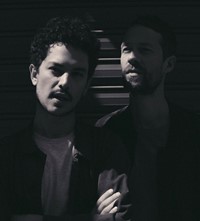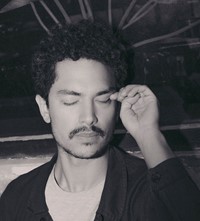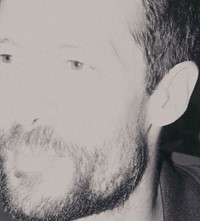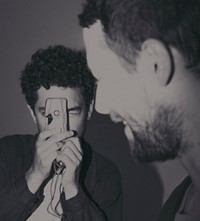The Blaze: ‘We Want People to Feel What It Is to Be Human’
In a few short years, two cousins have become one of music’s most talked about acts, lauded for their beautiful and profoundly moving videos and their unique brand of electronic music that has been known to reduce its listeners to tears. Today, Guillaume and Jonathan Alric – better known by their stage name, The Blaze – release their highly-anticipated debut album, Dancehall. To coincide with this exciting moment, the enigmatic pair have taken over the Another Man website, presenting a series of five articles that shine a light on their extraordinary work.
It’s a story that begins in a Parisian high-rise – an intimate portrait of two young men, whose abstract, undefined relationship plays out in an elegantly choreographed but seemingly spontaneous dance routine. Framed by the twinkling lights of the city at night, this film – Virile – was the world’s first introduction to the mysterious French duo known as The Blaze. It spread like wildfire, shared across the internet alongside notes of wonder and disbelief.
Two more videos followed: Territory in 2017, and Heaven earlier this year. Equally stunning, and cutting straight to the heart of human connection, they paint a portrait of a group in-tune with the minutiae of existence – one who occupied a realm between musicians and film directors, their works perfectly utilising both art forms. This week, a fourth followed – Queens. Perhaps their most beautiful release to date, it calls the cross-section of grief and love into play, framed once again by an intimate but indefinable relationship between two same-sex protagonists.
We meet the pair in their Parisian label’s basement, both of them dressed head-to-toe in muted colours. Guillaume, 32, reclines on a sofa, exhaling plumes of smoke as he speaks. A part-time pianist at college, he moved onto dub production in his twenties, creating sprawling works under the name Mayd Hubb and gigging around the world. A growing interest in film began to take hold of him, around the same time his visual artist cousin Jonathan began exploring music as an amateur. The younger of the pair at 29, Jonathan spent three years studying film in Brussels. “At the end of my course, I had to do a music video,” he recalls. “I was already quite fond of music videos – I knew the work of Spike Jonze, Romain Gavras, Chris Cunningham, all those guys.” He asked Guillaume for some music to cut a video to and things quickly snowballed into an ongoing collaboration.
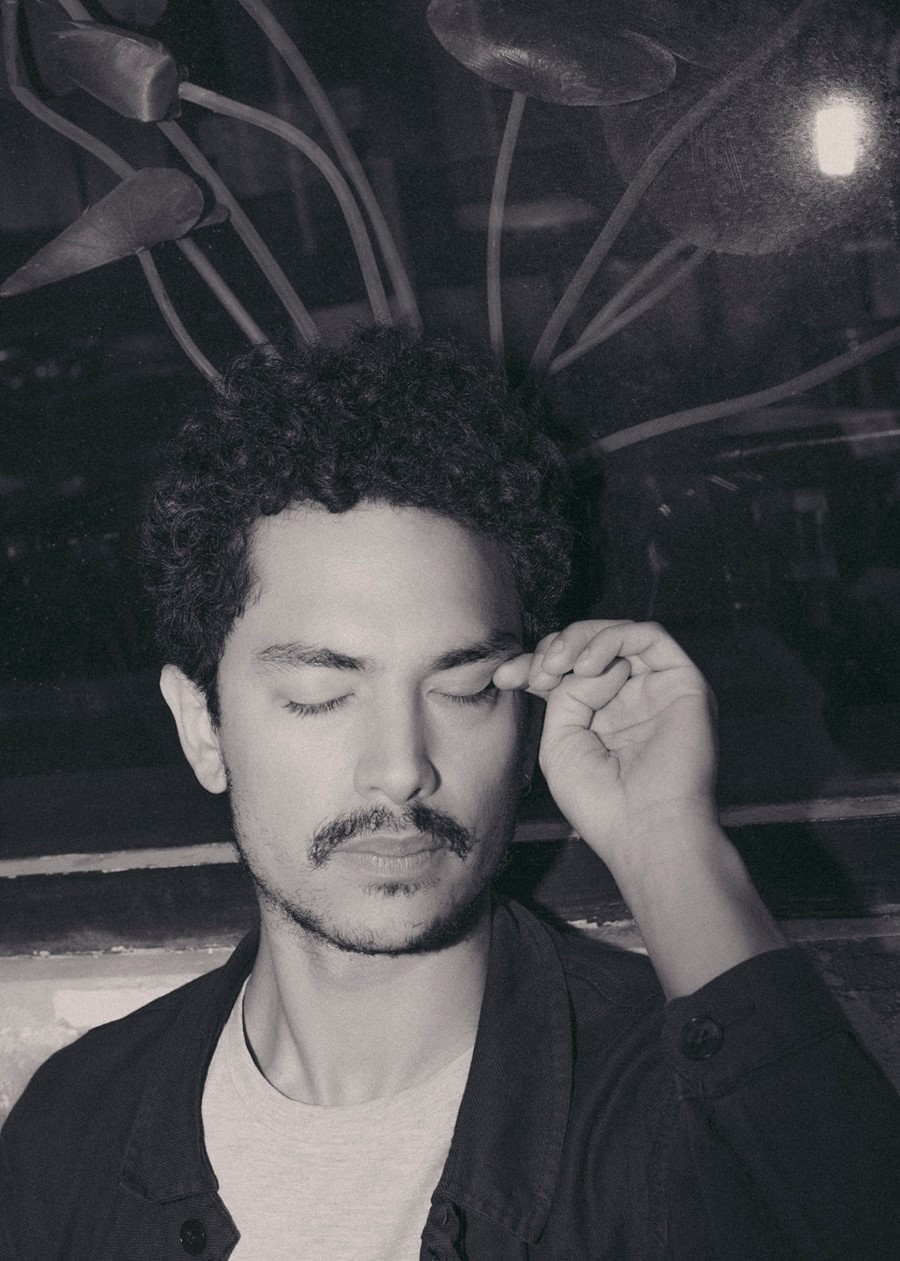
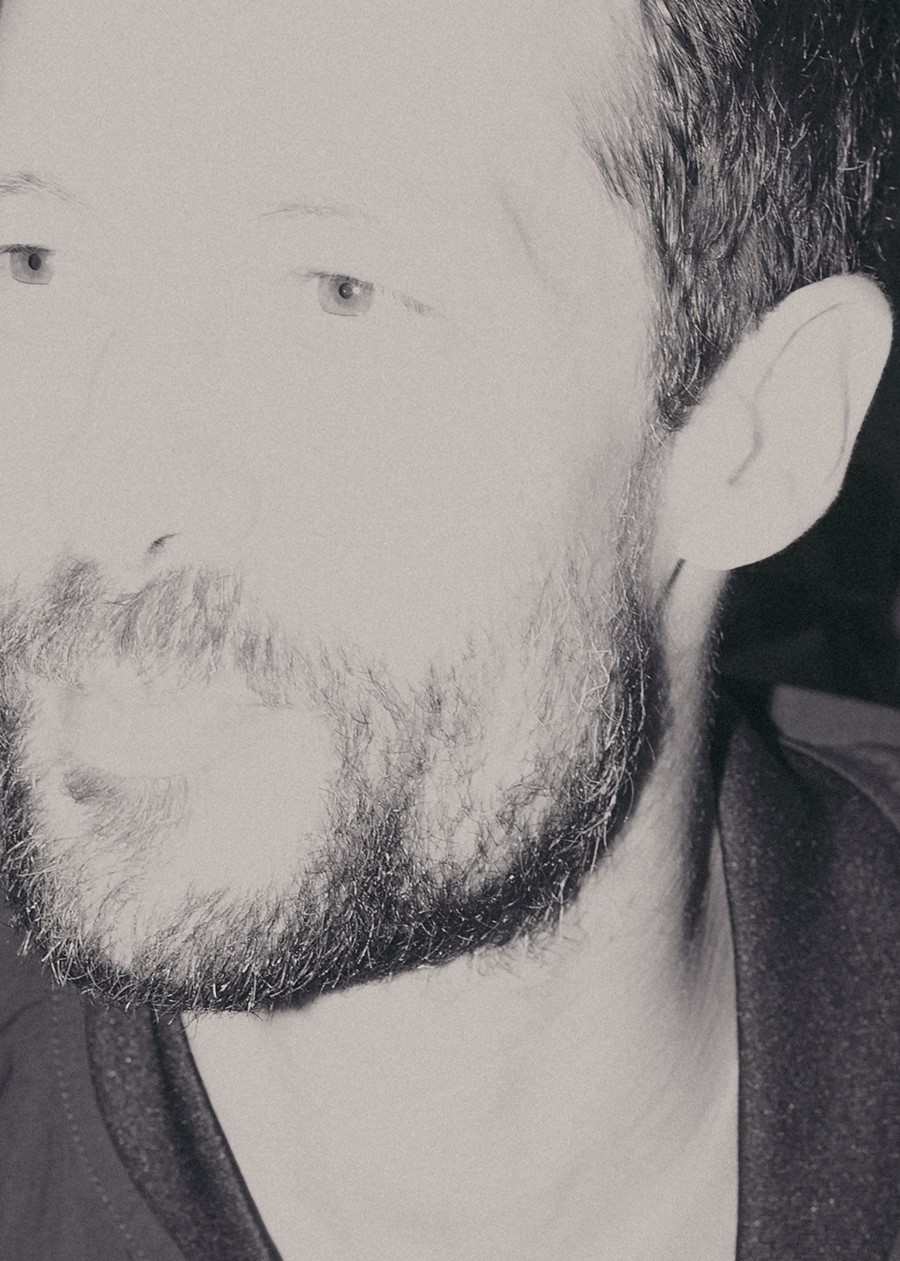
By his own admission, Jonathan had little-to-no experience in producing music. “I did some stuff on GarageBand and things like that, and I played a bit of piano and guitar,” he says, but he had to learn on the job when he began working on The Blaze. The approach freshened up Guillaume’s decade-long working process, too. “It was a good exchange,” the older cousin says. “It’s a good way of working – that naivety was a good match.” “At the beginning, because I didn’t really know how to make music, we’d sit together and I was more like an artistic director,” recalls Jonathan. “I’d say, ‘Let’s do this’ or, ‘Put this here’, and watch him make this stuff.”
“The music video is a medium where you can express things really well. It’s a really free medium – you can do what you want, and be very creative with no money” – Jonathan Alric
That director-like approach fed into the pair’s other outlet: their music videos. While Jonathan was the novice in the studio, when it came to producing the visual arm of The Blaze, Guillaume was the newbie: “I learned from him, like he learned from me with the music.” More than simple afterthoughts, or reflections of the music’s lyrics or themes as with so many modern music videos, the lines between The Blaze’s audio and video worlds are totally blurred. More than musicians, or film directors, the cousins occupy a space between the two, moulding both works concurrently. “We naturally began to make music and video together,” says Guillaume. “Because of our particular situation, we can work both at the same time – it’s like a ping-pong between the music and the videos,” he smiles.
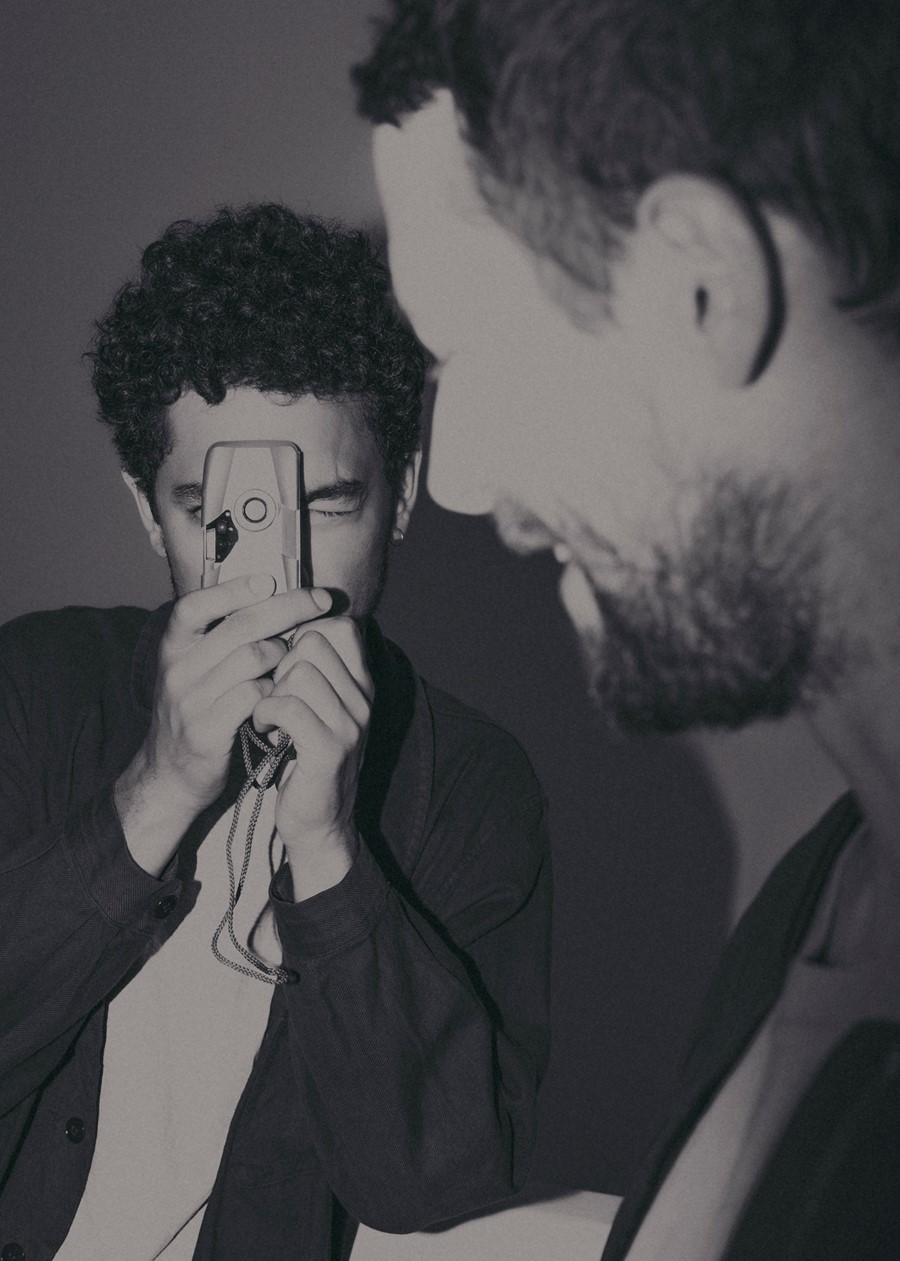
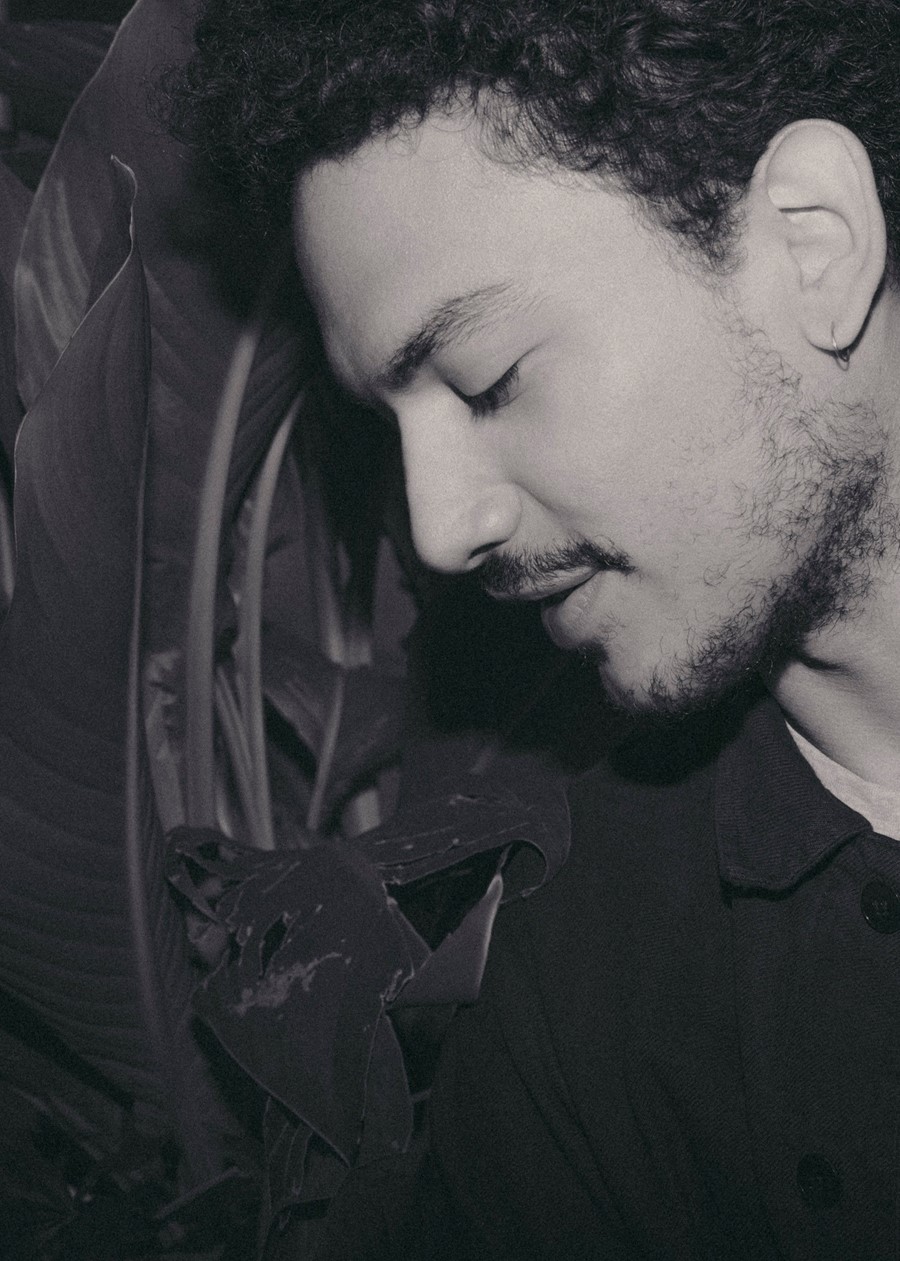
The sights and sounds the pair produced belie the fact that they were both learning on the job. Dancehall, their debut album, is an engrossing, fluid exploration of celestial dance music, that sounds far more assured than most first works. Comprised of ten transformative vignettes, each uproots the listener, planting them in a different emotional locale each track. Where other ambient producers reel off slow-burning tracks that often take tens of minutes to build towards a crescendo, The Blaze waste no time – each track has a duration more akin to a radio pop song, and thus hits the sweet spot immediately.
“One of our principle inspirations is emotional poetry – that’s what we’re searching for” – Guillaume Alric
Likewise, to call their visuals ‘music videos’ barely does them justice – each could be an award-winning short film. One actually is in fact: Territory was awarded the Lions Cannes Grand Prix for its close-to-home depiction of a middle-aged immigrant’s return to home, with jury president Robert Galluzzo lauding it as a “flawless” piece. “The music video is a medium where you can express things really well,” says Jonathan. “It’s a really free medium – you can do what you want, and be very creative with no money.” The Blaze’s first release was testament to that fact – Virile was produced on a budget of just $200. “Each type of music can tell you a story,” says Jonathan, “but in cinema it’s more precise. Our inspiration is more in humanist directors, who are interested in making portraits of imaginary people. Ken Loach, for example – social directors. It’s almost documentary-like – but with beautiful images, poetic images.”
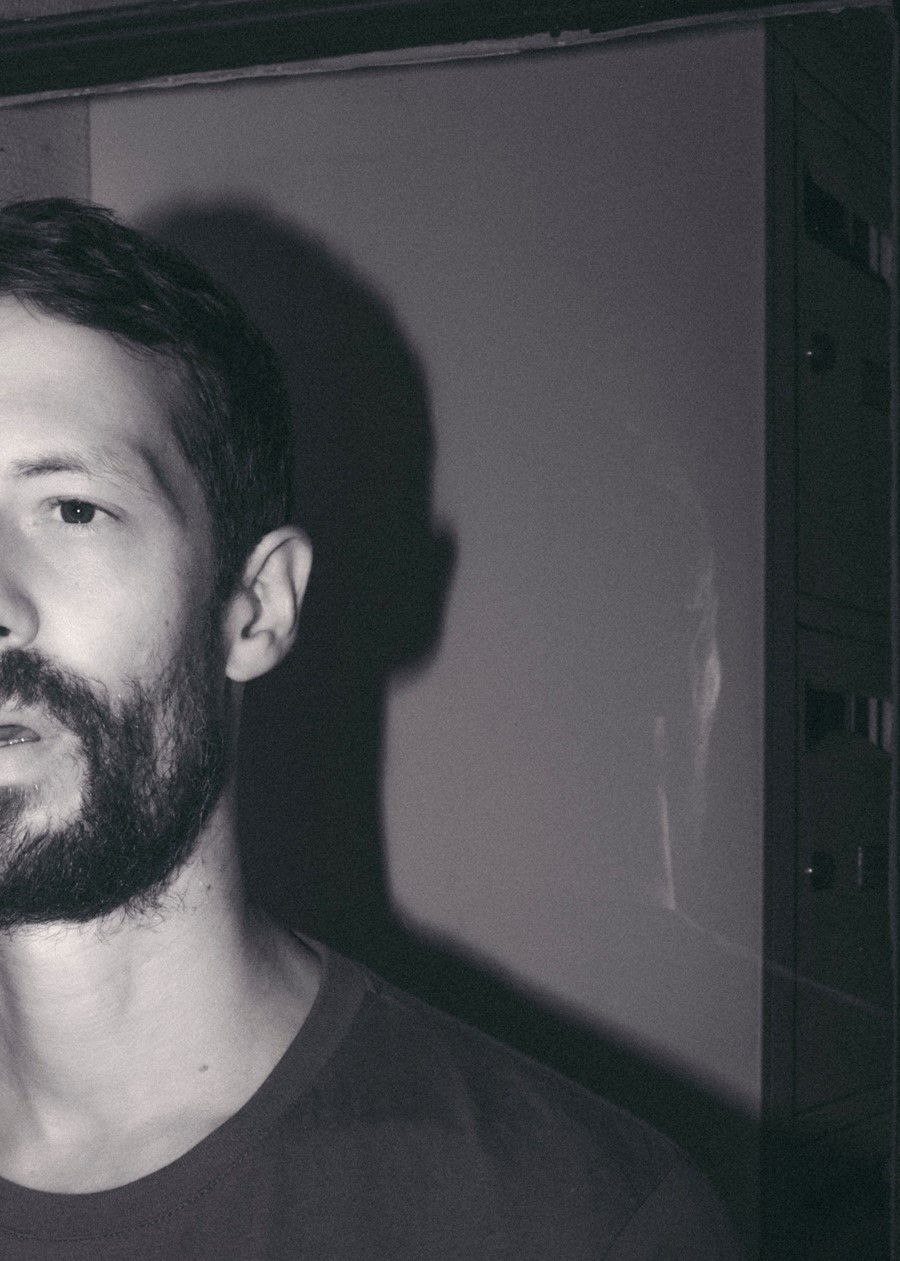
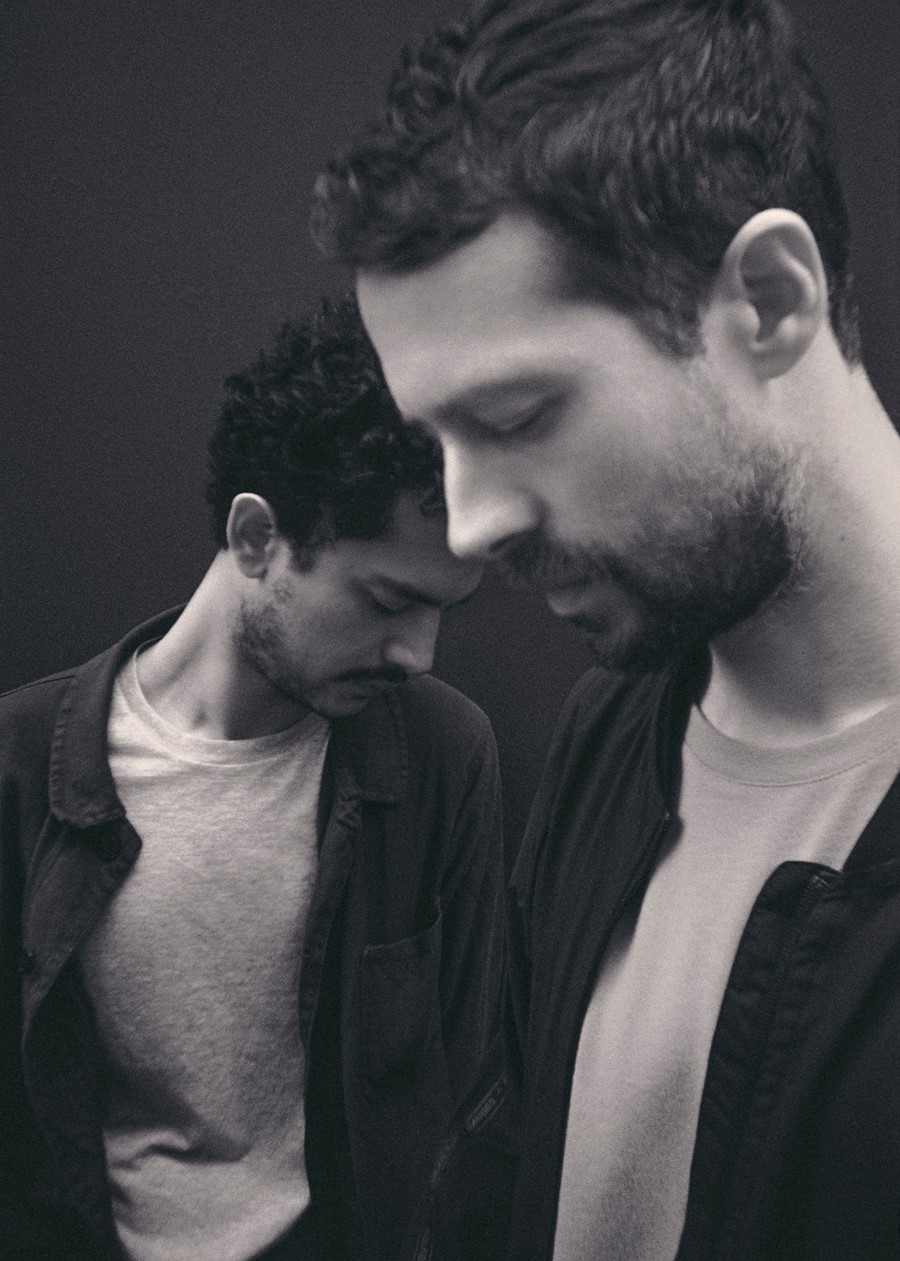
Understandably, given their creative eclecticism, the pool of influence The Blaze draw from is near-unlimited. As such, it’s emotion – rather than genre or technique – that captures their attention most of all. “We listen to a lot of things – from classical to hip-hop, reggae to dub, and electronic music – but we are often just searching for emotional music,” explains Guillaume. “One of our principle inspirations is emotional poetry – that’s what we’re searching for.” Dancehall is thick with a range of emotions, each, according to Guillaume, filtered through a “nostalgic feeling”. It’s a feeling that he struggles to convey in English, fading in and out of French as he searches for the right word. “Planer”, he says eventually – the floaty experience of being high, without the need for drugs.
Dancehall, then, is named after the place, not the music genre; it speaks romantically of the dancefloor as a space where people can come together and connect. “For us, it’s important to bring emotion and a kind of human poetry to everything,” says Jonathan. “We want people to feel that universal thing; to feel what it is to be human, to look at the other humans around them. Contemplate humanity and their own humanity too.”
The Blaze’s debut album Dancehall is out now
